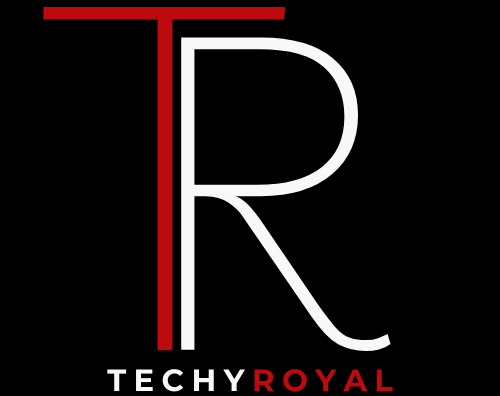Monday Motivation: A Comprehensive Overview of Workforce Software
There are so many great things about Monday that I can’t even narrow them down to just 5! Thankfully, I get to help you learn more about one of the best Mondays of all, Workforce Software Monday. Let’s dive in and discuss the history of workforce software, what it does, and why you should be using it today. If you have any other questions about how to choose the right workforce software for your company, you can leave them in the comments section below. I’ll be answering each one personally!
Does your business need more staff?
As a small business owner, you’re likely already stretched thin. You know your business inside and out, but you may be in need of more staff. Hiring qualified employees can be difficult, but it doesn’t have to be. As your company grows and expands, the work will only get harder if you don’t add help. This is where an HR software comes in handy.
HR management software helps with everything from online job postings to managing performance reviews, so it does all the heavy lifting for you. The less time you spend on HR tasks, the more time you have for what really matters- growing your business!
What are your resources like?
Workforce software is necessary for any business that employs hourly workers. It allows you to keep track of hours worked and calculate payroll automatically. It also simplifies the process for managing employee attendance, submitting timecards, completing benefits enrollment, and more. We’ll take a look at what workforce management solutions are available, how they can benefit your company’s bottom line, and which features you should consider when making a decision on which one is right for you.
First off, there are two types of workforce management software solutions – on-premise solutions and cloud-based solutions. On-premise solutions require a significant upfront investment in hardware and software licenses; however, this type offers better customization options.
Will you outsource, what services should you look at?
Outsourcing can be a great way to save time and work smarter. However, with all the options available it can be difficult to know what you really need. Figuring out which services to use will depend on your specific needs and your team’s strengths. Services like scheduling, payroll and time management are good options for most startups. Finally, one way to make sure you’re not wasting time is by building in a system that tracks information as it comes in so there’s less chance of forgetting something important later on.
What kind of hiring approach will you use?
Hiring can be a tricky and time-consuming process, especially for small businesses. When you’re looking to hire new talent, it’s important to use a hiring strategy that will keep your company competitive in the marketplace. One approach is to hire based on competencies that are needed for your company’s future needs. This is a more proactive way of hiring than simply responding to open positions advertised by other companies. By planning ahead and looking for candidates with skills that align with those you need now or in the near future, you can stay one step ahead of the competition.
How much can you afford to pay an employee?
You should be able to pay your employees at least minimum wage, but many people choose to offer higher wages. If you’re not sure how much you can afford, the U.S. Department of Labor has a salary calculator that will help you decide what to offer based on the state and county in which your business is located.
Which hiring platform will you use?
I’ve always been a big fan of the way LinkedIn handles hiring, and I think it would be a great fit for any company. If you want to post an offer for a job on your page, then you need to do so by clicking the Jobs tab in the dashboard. There are three types of posts you can choose from, namely job search, job openings and recruiting events.
Are there any other challenges specific to your industry that I have missed in this list above?
No. Our business is an IT company, so we do not have any challenges specific to our industry. However, the implementation process has been difficult due to the complexities in our HR system. The vendor has been working with us and all parties involved are committed to find a solution that works for all stakeholders. I hope this post gave you some food for thought on how to keep your workforce engaged at work. Thank you so much for reading and please feel free to ask me any questions below!
How important is time tracking to your business?
Time tracking is very important to me and my business because it helps me see where I am spending time and what tasks I need to focus on for the day. If you have employees or contractors, then time tracking is a great way to know where your money is going.




